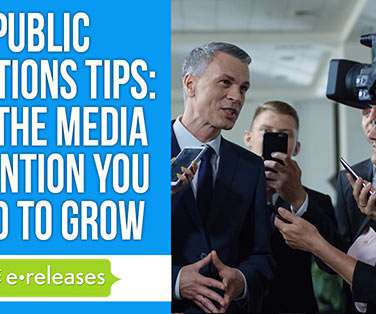AirPR Interview Series: Emmy Award Winning Journalist & PR Pro Mika Stambaugh
Onclusive
FEBRUARY 22, 2018
AirPR sat down with Mika and discussed unique communications strategies, moving from journalism to PR: AirPR: Tell us about TMI and how you help brands and organizations gain visibility and manage reputation. The post AirPR Interview Series: Emmy Award Winning Journalist & PR Pro Mika Stambaugh appeared first on AirPR.





















Let's personalize your content